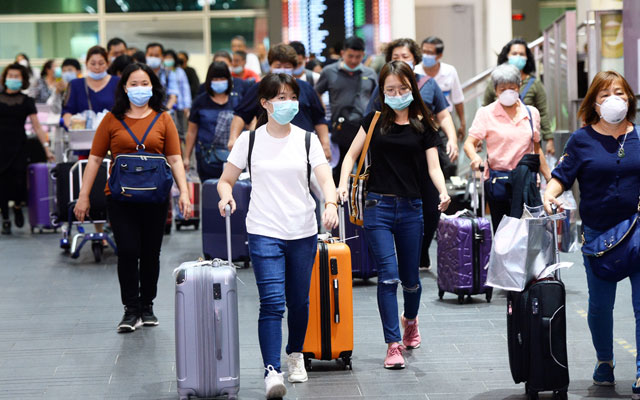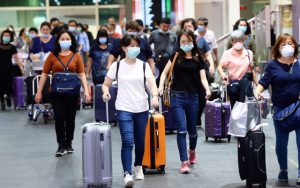As Covid-19 continues to evolve and countries face diverse epidemiological situations with varying response capacities and access to life saving tools, the World Health Organization (WHO) has urged governments to maintain a risk-based approach to international travel resumption that respects the dignity, human rights and fundamental freedoms of travellers.
The approach, according to WHO should consider the risk posed by travel for the importation and exportation of cases in the context of the evolving epidemiology, including the emergence and circulation of virus variants of concern; the expansion of the Covid-19 vaccination roll-out; and lessons learnt while responding to the pandemic.

WHO recommends that member states no longer require proof of Covid-19 vaccination as a mandatory condition for travel; consider lifting measures for vaccinated travellers or those who had previous confirmed Covid-19 infections six months prior to travelling and are no longer infectious; offer alternatives to travel for individuals who are not vaccinated or lack proof of past infection; and consider recording proof of Covid-19 vaccination in the International Certificate of Vaccination or Prophylaxis (ICVP) or with other health certificates recognised by regional or global intergovernmental bodies.
In addition, WHO has drawn out guidelines for the testing and quarantine of international travellers. It recommends that member states avoid treating international travellers as a priority group for Covid-19 testings, as they are not suspected cases by default; only implement testing and/or quarantine measures to international travellers on a risk-based manner and review testing and quarantine policies regularly; and ensure that the dignity, human rights and fundamental freedoms of travellers are respected and any discomfort or distress minimised should quarantine be required.
WHO’s latest advisory also identifies various key considerations for travel-related measures, such as the need to prioritise essential international travel at all times; conduct regular and thorough risk assessments to update international travel-related measures as the situation evolves; publicly communicate changes to international travel-related measures and requirements; communicate to international travellers the importance of adherence to health and safety measures throughout their journey; explore bilateral, multilateral and regional agreements that will facilitate the recovery of key socioeconomic activities for which international travel plays an important role.
















